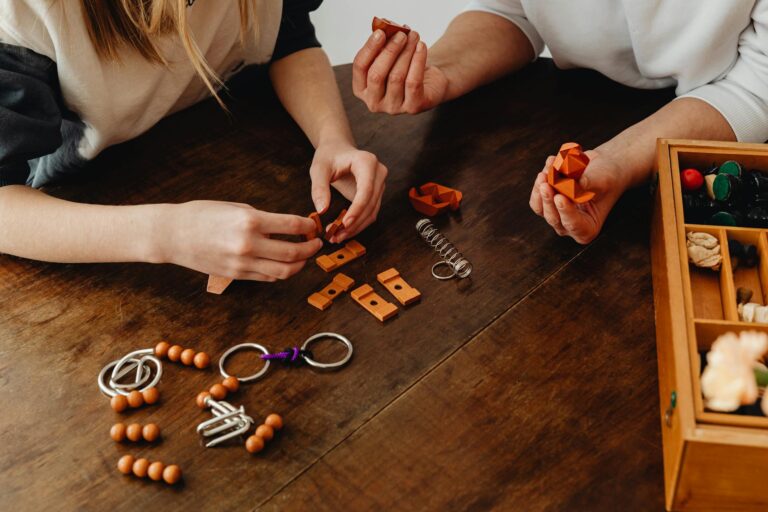Alzheimer’s disease is a progressive brain disorder that affects millions of people worldwide. It is a type of dementia that causes memory loss, confusion, and difficulty in carrying out daily tasks. As the disease progresses, it becomes increasingly challenging for individuals with Alzheimer’s to perform even the simplest tasks, like putting away groceries.
If you have a loved one who has Alzheimer’s, you know how important it is to provide them with the necessary support and assistance in their daily activities. One task that can be particularly challenging for both the caregiver and the person with Alzheimer’s is putting away groceries. It requires organization, concentration, and memory, all of which can be affected by the disease. In this article, we will discuss some tips on how to help a person with Alzheimer’s put away groceries.
1. Create a Routine
Routine and structure are essential for individuals with Alzheimer’s. It helps them feel more secure and in control of their surroundings. Establishing a routine for grocery shopping and putting away groceries can make the process more manageable. For example, you can set a specific day and time for grocery shopping and stick to it every week. This will help the person with Alzheimer’s know what to expect and prepare for the task ahead.
2. Involve Them in the Process
While it may be tempting to take over and do everything yourself, involving the person with Alzheimer’s in the process of putting away groceries can be beneficial. It can help them maintain their independence, boost their self-esteem, and give them a sense of accomplishment. Ask them to help you carry the bags from the car to the house or let them sort out the items while you put them away.
3. Keep It Simple
People with Alzheimer’s have difficulty processing information, so it is crucial to keep things simple. When it comes to groceries, try to limit the number of items you bring home at once. This will prevent overwhelming them and make the task more manageable. You can also use visual aids, such as pictures or labels, to help them identify and remember where each item goes.
4. Organize the Kitchen
A well-organized kitchen can make the task of putting away groceries much more straightforward. Start by decluttering the kitchen and keeping only the essentials. Label the shelves and drawers to help the person with Alzheimer’s know where things belong. It may also be helpful to keep frequently used items at eye level, making them easier to find and put away.
5. Break Down the Task
Putting away groceries can be a daunting task for someone with Alzheimer’s. Breaking it down into smaller, more manageable steps can make it less overwhelming. For example, you can ask them to put away one bag of groceries at a time or focus on one section of the kitchen at a time. This will also give them a sense of accomplishment as they complete each step.
6. Be Patient and Supportive
It is essential to be patient when helping someone with Alzheimer’s put away groceries. Remember that they are dealing with a disease that affects their memory and cognitive abilities. Give them enough time to process information and complete the task at their own pace. Offer encouragement and praise them for their efforts, even if they cannot complete the task perfectly.
7. Consider Using Technology
Technology can be a useful tool in helping individuals with Alzheimer’s complete daily tasks. There are various apps and devices specifically designed for people with dementia that can assist in organizing and sorting groceries. These tools can provide step-by-step instructions and reminders, making the task more manageable for both the caregiver and the individual with Alzheimer’s.
In conclusion, helping a person with Alzheimer’s put away groceries may seem like a simple task, but it can be challenging for both the individual and the caregiver. By creating a routine, involving them in the process, keeping things simple, organizing the kitchen, breaking down the task, being patient and supportive, and using technology, you can make the task more manageable and less stressful. Remember to be patient, understanding, and supportive, as it can make a world of difference in the life of someone with Alzheimer’s.





